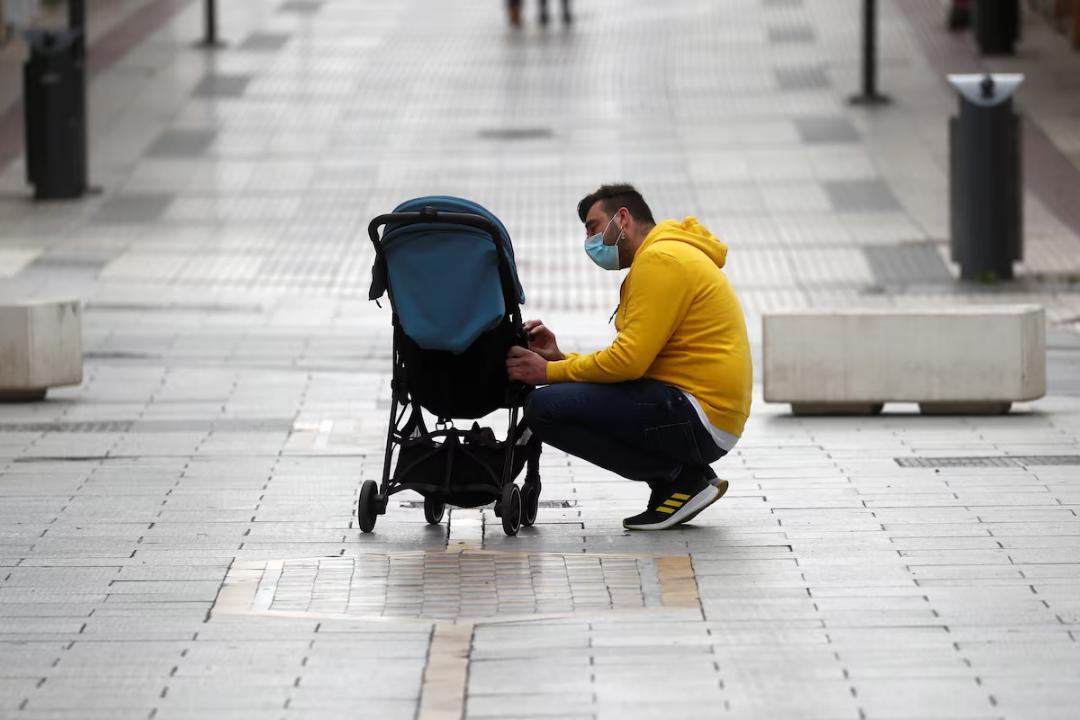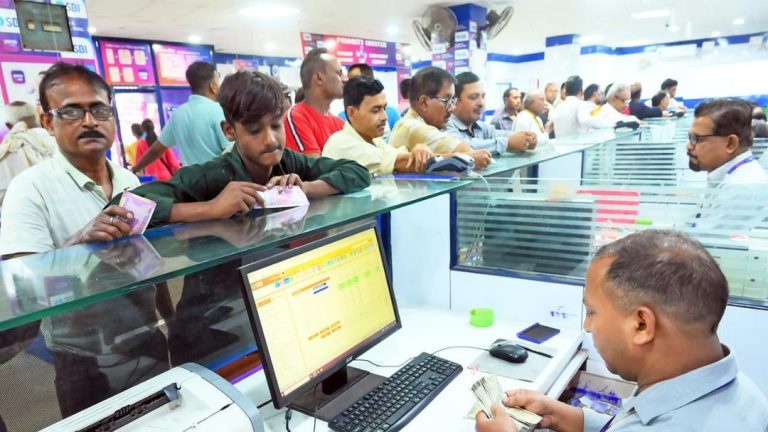
Spain to Offer 17 Weeks of Parental Leave to Both Mothers and Fathers
In a significant move towards promoting gender equality and work-life balance, Spain has announced plans to extend its parental leave policy to 17 weeks for both mothers and fathers. This decision comes as a welcome change, as Spain and Finland are the only two European Union countries that offer equal, fully-paid birth leave to both parents.
As of July 29, 2025, new parents in Spain will be entitled to 17 weeks of paid leave, with the additional week allocated to fathers. This means that fathers will now have the opportunity to take an additional week off work to care for their newborn child, giving them more time to bond and support their partner during this critical period.
The decision is seen as a significant step forward in promoting gender equality and challenging traditional gender roles. Minister for Equality, Irene Montero, hailed the move as a major victory for feminism, stating, “Spain is moving towards feminism…and there’d be no turning back.” Montero emphasized that the government is committed to making significant changes to ensure that both men and women have equal opportunities to balance their work and family responsibilities.
The new policy is a response to growing concerns about the lack of work-life balance and the increasing pressure on working mothers. According to the World Economic Forum, Spain ranks 24th out of 33 developed economies in terms of gender equality. The government hopes that the extended parental leave policy will help to close this gap and promote a more equitable distribution of responsibilities between men and women.
The benefits of extended parental leave are numerous. For parents, it provides an opportunity to spend quality time with their child, develop a stronger bond, and adjust to the demands of parenthood. For employers, it can lead to increased employee satisfaction, reduced turnover rates, and improved productivity. Furthermore, it can also have a positive impact on child development, as research has shown that early childhood experiences have a lasting impact on a child’s cognitive, social, and emotional development.
Spain’s move is not without precedent. Other European countries, such as Sweden and Norway, have implemented similar policies with great success. In Sweden, for example, parents are entitled to 480 days of parental leave, with 60 days reserved for each parent. In Norway, mothers and fathers are entitled to 49 weeks of parental leave, with the option to transfer up to 15 weeks to the other parent.
The Spanish government’s decision is also seen as a response to the growing trend of men taking more responsibility for childcare. According to a recent survey, 25% of men in Spain are taking paternity leave, up from just 10% a decade ago. The government hopes that the extended parental leave policy will further encourage men to take on more childcare responsibilities and challenge traditional gender stereotypes.
The implementation of the new policy is expected to have a significant impact on the country’s economy and society. According to estimates, the policy will cost the government around €1.2 billion per year, but it is expected to generate significant benefits in terms of increased productivity, reduced turnover rates, and improved employee satisfaction.
In conclusion, Spain’s decision to offer 17 weeks of parental leave to both mothers and fathers is a significant step forward in promoting gender equality and work-life balance. The policy is expected to have a positive impact on parents, employers, and society as a whole, and it sets a powerful example for other countries to follow.





